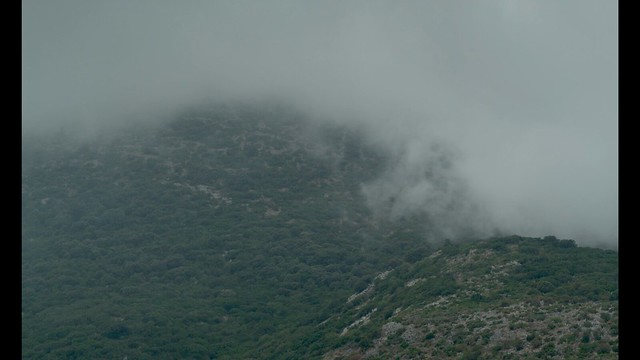

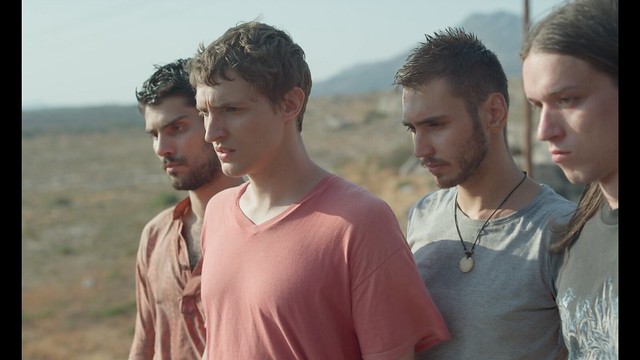
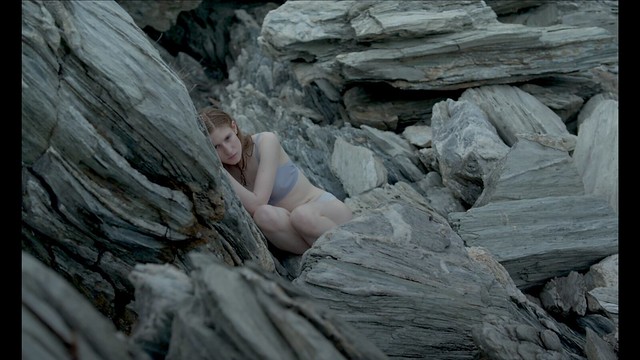

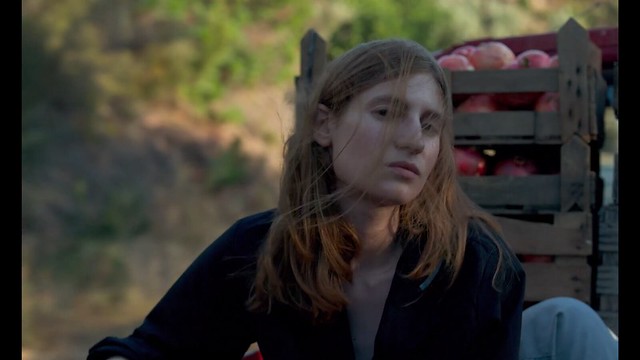
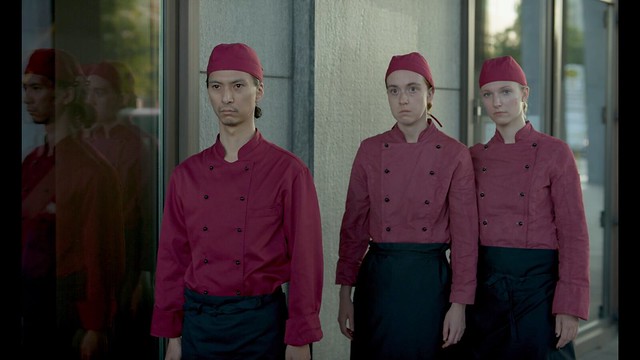

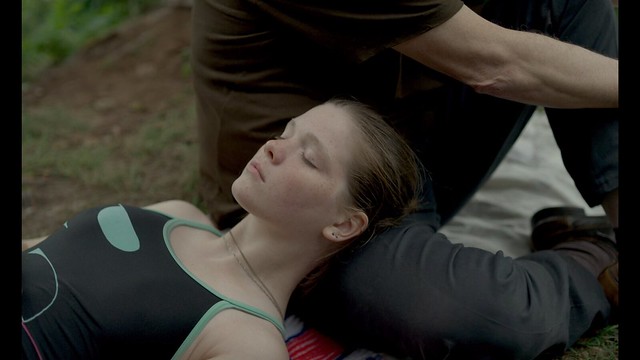
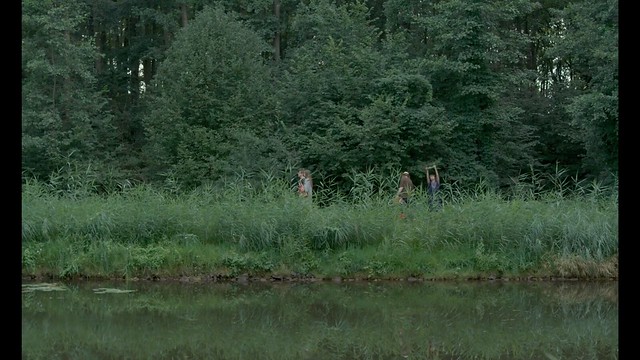 Angela Schanelec's new, nearly silent film, simply titled Music, is supposedly 'freely' based on the Greek Myth of Oedipus. It might be the most enigmatic offering from the esteemed German director. But its depiction of melancholy and fragility of human life is nevertheless so beautiful and timeless, I can't help tearing up by the end.
Angela Schanelec's new, nearly silent film, simply titled Music, is supposedly 'freely' based on the Greek Myth of Oedipus. It might be the most enigmatic offering from the esteemed German director. But its depiction of melancholy and fragility of human life is nevertheless so beautiful and timeless, I can't help tearing up by the end.
As always with Schanelec's films, there are striking images and a ghost of a narrative thread with lots of gaps that you will need to fill in yourself. Time is elastic in Music; in one scene you see an infant being found and adopted, the next we see Jon (Aliocha Schneider) accidentally killing someone (his father?) and going to prison. There's a prison guard Iro (French actress Agathe Bonitzer) who attends to his swollen feet (like Oedipus by his unsuspecting mother/lover), and gives him the list of classical composers to listen to. Then he's out of the prison, and they are expecting a baby. But fate would have it, tragedy follows Jon as his past catches up with him. He is a musician now, living in Berlin with his grown up daughter. He sings melancholic songs in falsetto on stages. And also, he is going blind.
Static framing and stoic acting that Schanelec cultivated over the years are all present here. Pivotal, life-altering actions happen mostly off frame. It's almost dialog free. And it doesn't really matter if Jon looks the same after many years, if not decades.
Schanelec told me once that she usually maps out an idea for a project from one or two images. This time, she takes a cue from a Greek theater. And images in Music are indeed striking. The windswept rocky Greek terrain against stunningly blue Aegean sea and sky in the first half invokes both the timelessness of nature and our impermanence in it. The static, staged scenes featuring groups of young people - street gang, wistful prison inmates, bystanders in uniformed kitchen staff strongly remind you of the world of Aki Kaurismaki. And of course, music flows where dialog would have been with the help of Canadian musician Doug Tielli in his high-pitched voice (a cross between Sigur Rós and Nick Drake). His songs not only serve as a Greek Chorus chronicling Jon's melancholy, but also as testaments to the beauty of music, transcending this fleeting dream we call human existence.
The long tracking shot that ends the film, filmed from the other side of the river embankment as the characters walk and sing in the beautiful summer day has the feeling of an eternity. It's an achingly beautiful film.
No comments:
Post a Comment